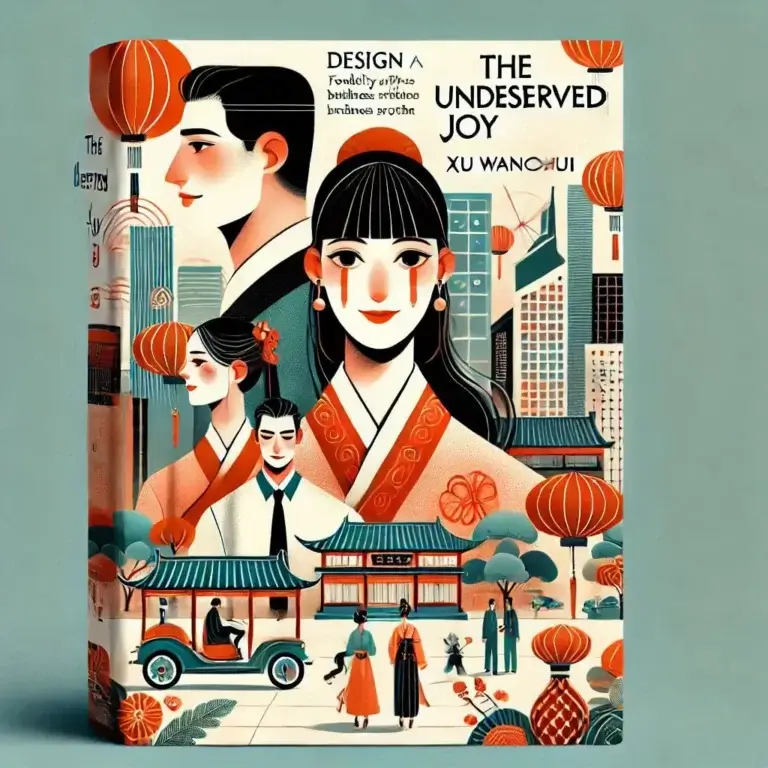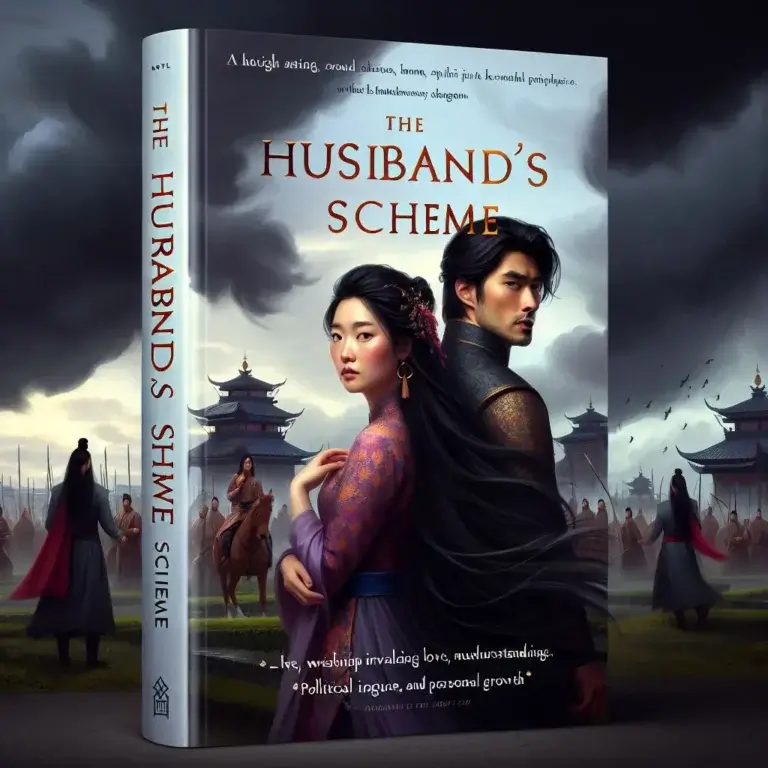Qi Shejiang strummed his instrument and recited the preceding verse: “Who is the enemy and who is the benefactor? The fate of three lifetimes is inscribed at the stone of destiny. All is due to debts of past romance, which provoke a heart that cherishes beauty. The Buddhist land turns into a place of song and dance, and the empty door transforms into a door of right and wrong.” He then began the singing segment: “Just as the Zhongyuan Festival has passed, neither cold nor warm, the Lingguan Temple hosts a grand banquet in celebration of the birthday. They specifically invite high-ranking officials from the court, along with those persistent ladies of the manor.
There are also relatives who honor the nation, known as pillars of support, and officials from the scholarly class overseeing the affairs. There are also wealthy merchants, as well as those with obligations to the offices…”
Each word and sentence sung resembles Jingyun Dagu, but is certainly not simply drum lyrics; the melody has a touch of grace and elegance. The actors nearby watching were quite confused; they could mistake “He Bi Xiang” for drum lyrics due to the similar drum tunes, yet this “Lingguan Miao” contains none of that, something they had never encountered before. Moreover, hearing him sing live, the strumming was indeed superb, matching perfectly with the singing segment; the more one listened, the more it appeared not to be off-key.
Some began to grasp a hint of realization—could it be that he wasn’t singing Dagu at all? Qi Shejiang had already finished a piece and spoke to their master about something, then put down the instrument and began to sing the Jingyun Dagu version of “He Bi Xiang.” Among all the Dagu forms today, Jingyun Dagu is the one most similar to “Zi Di Shu.” In terms of rhythm and cadence, Jingyun Dagu can be considered the “direct descendant” of “Zi Di Shu.” Additionally, Jingyun Dagu has also borrowed from operatic singing styles and Peking Opera performances.
At the end of the phrase, Qi Shejiang employed the classic ‘shua qiang’ of Jingyun Dagu, flipping from a low note to a high, then descending, finally ending on the main tone.



